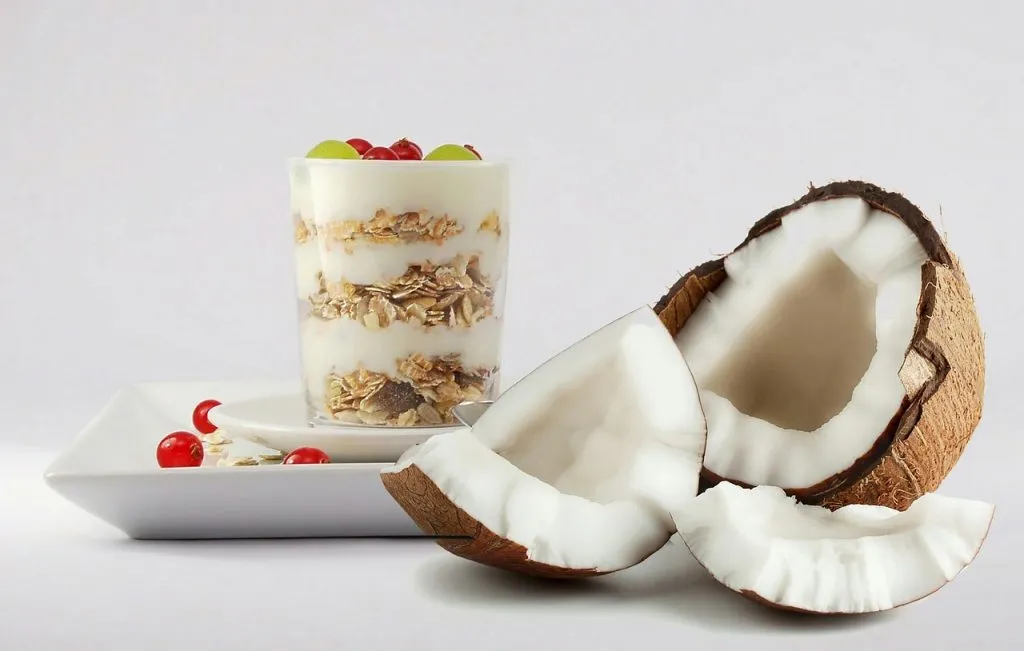The coconut, a tropical fruit (or more technically, a drupe), often sparks curiosity regarding its edibility. Specifically, when we refer to the “coconut seed,” what are we talking about, and is it consumable?
Defining the “Coconut Seed”
First, it’s crucial to clarify terminology. The coconut “seed” is the entire inner structure that we commonly associate with the coconut. This includes the hard shell, the white flesh or meat inside, and the water. When asking if we can eat the “coconut seed,” we are primarily referring to the meat, as this is the part most commonly consumed.
Edible Parts of the Coconut
- Coconut Meat: The white, fleshy part inside the hard shell is entirely edible. Depending on the coconut’s age, this meat can be soft and jelly-like (in young coconuts) or thick and crunchy (in mature ones).
- Coconut Water: The clear liquid inside young coconuts is not only edible but also highly refreshing and packed with electrolytes.
Nutritional and Health Benefits
- Rich in Fiber: Coconut meat is a good source of dietary fiber, which aids digestion and promotes a feeling of fullness.
- Healthy Fats: Coconut meat contains medium-chain triglycerides (MCTs), which are known for their potential health benefits.
- Vitamins and Minerals: Coconuts are a source of essential minerals like manganese, potassium, and magnesium.
In conclusion, yes, we can eat the coconut seed, especially the meat part. It’s not only a delicious addition to various dishes but also offers numerous health benefits.
For a deeper look at the health benefits and nutritional profile of coconuts, Healthline provides a comprehensive overview.
Previously Discussed: Ever wondered about the diverse uses of the coconut seed? Discover its multifaceted roles in our lives.

